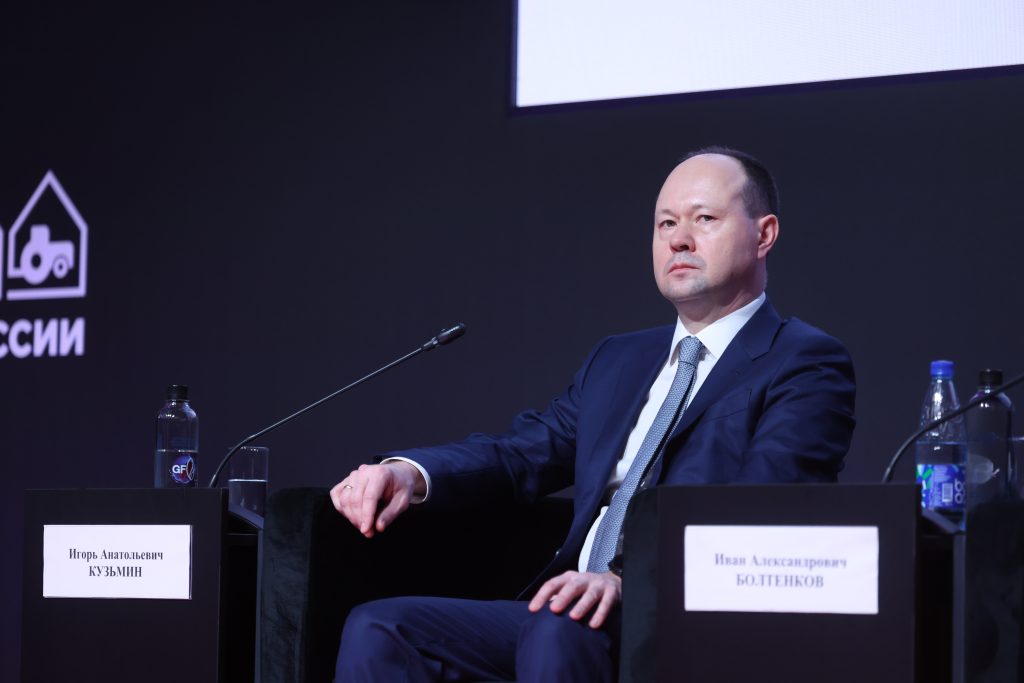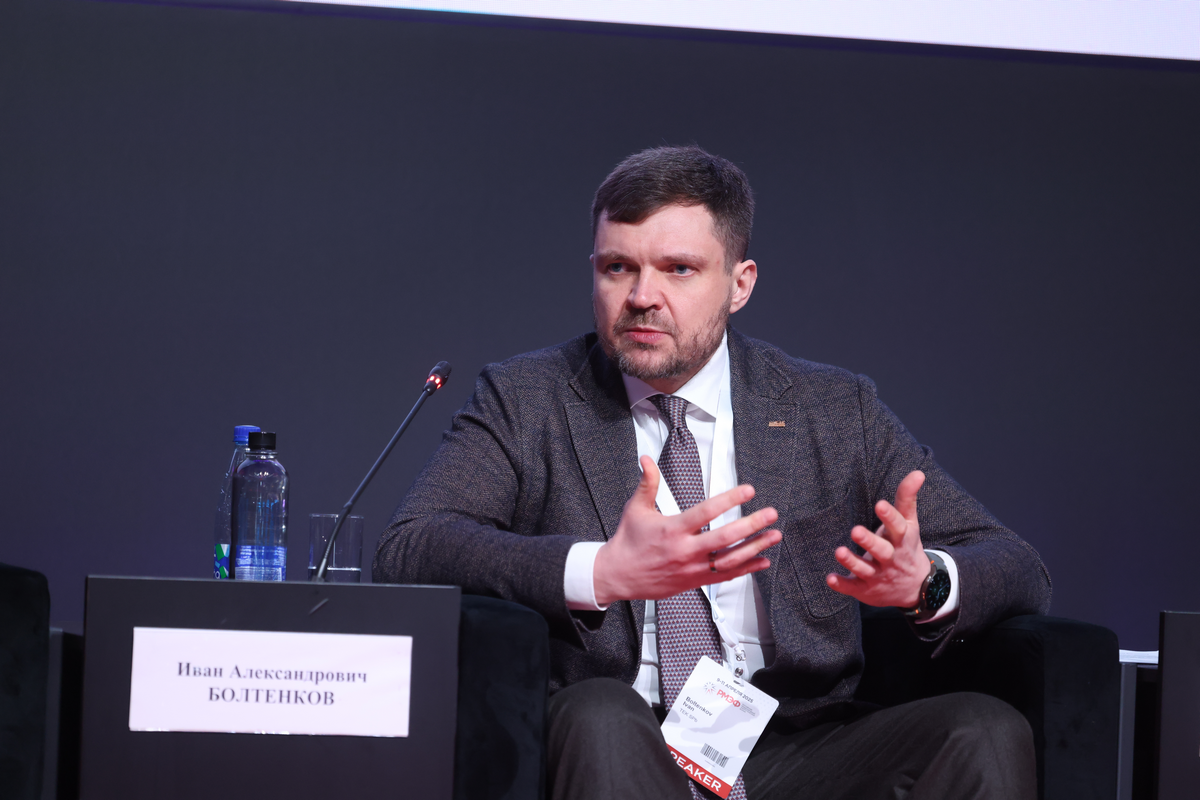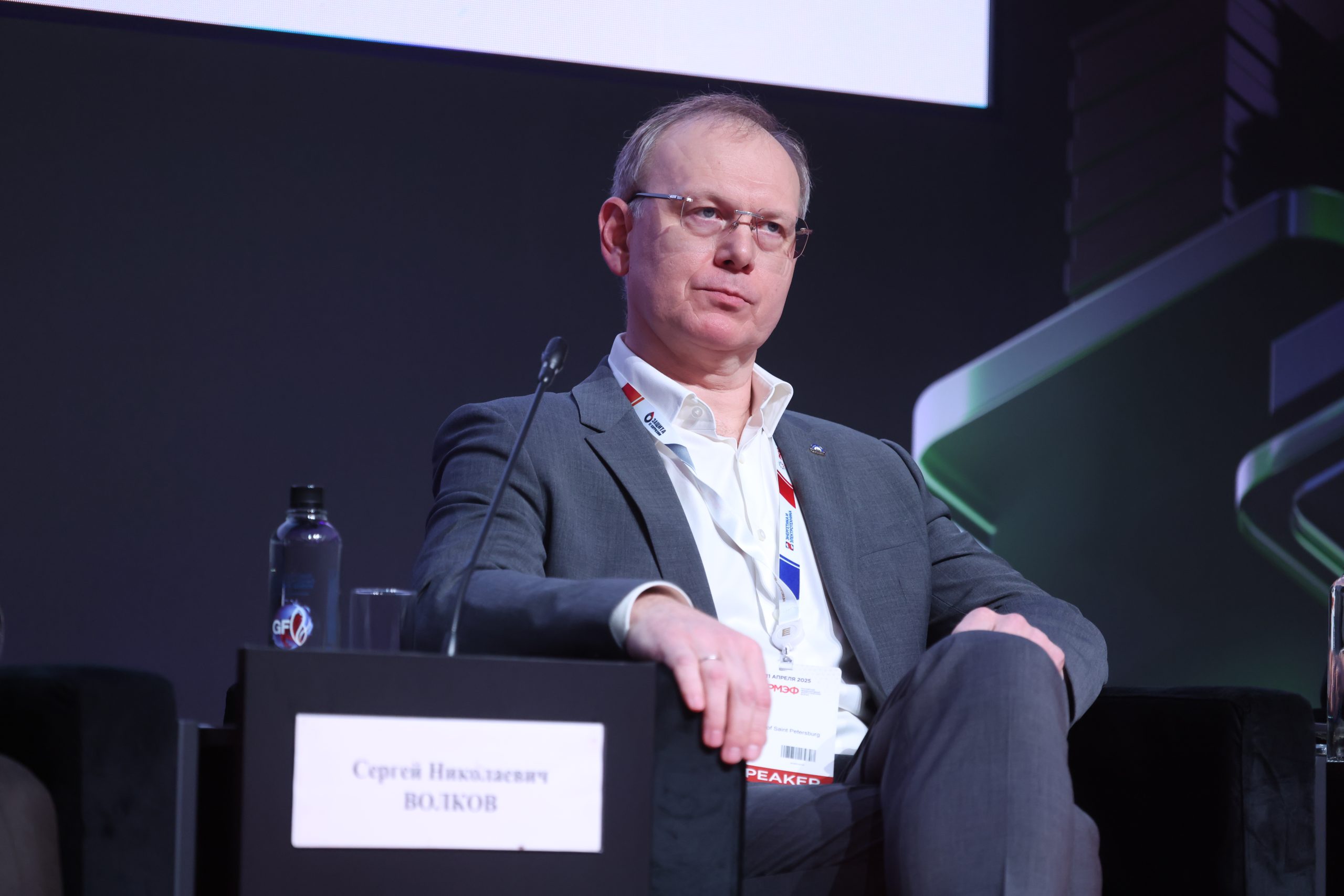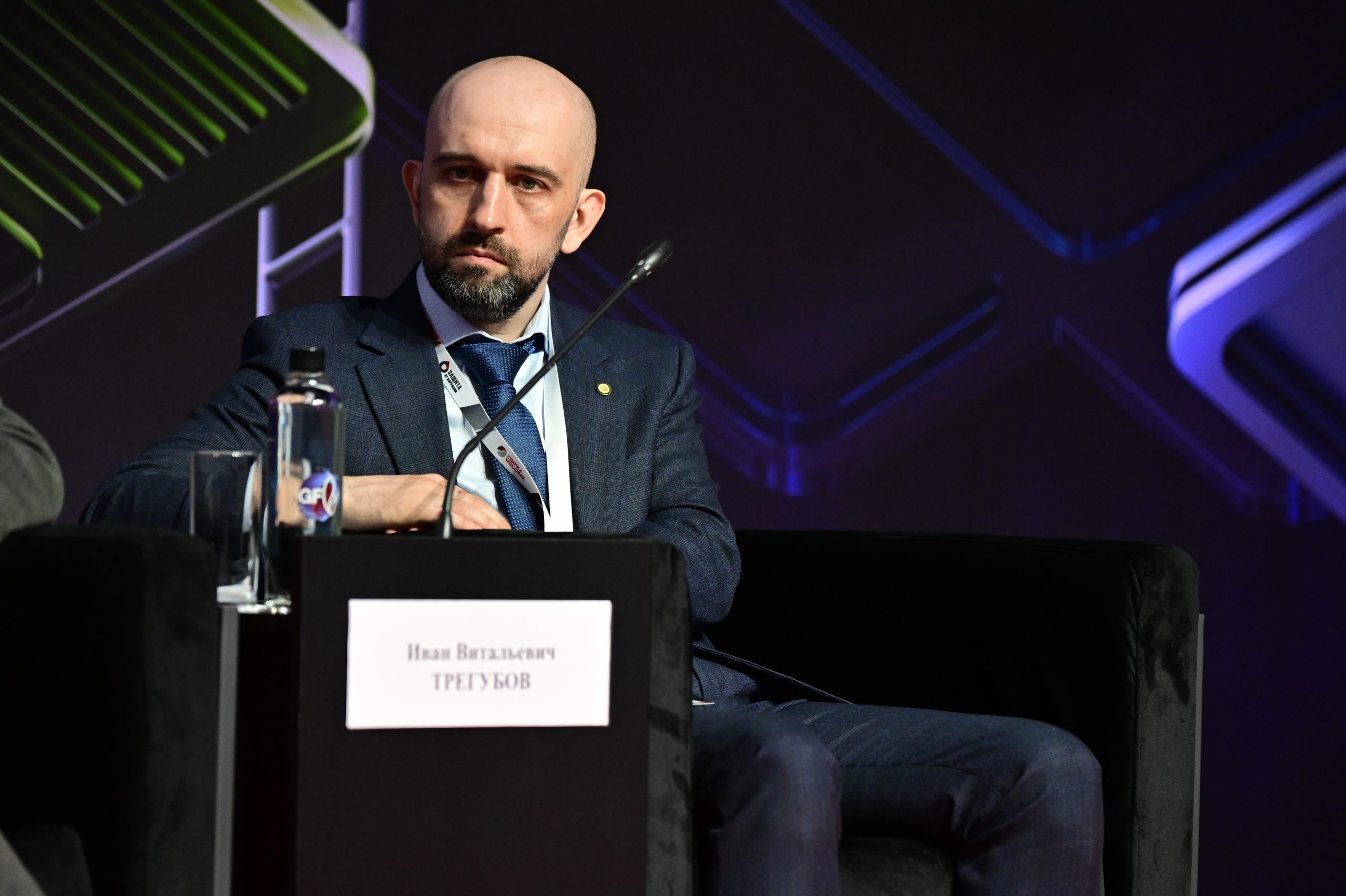
According to directors of local energy companies, who talked at RIEF 2025 about innovations in the municipal economy, in 10 years, all the engineering utilities in St. Petersburg will be emergency-free, and every defect will be eliminated on a proactive basis.
St. Petersburg, the northernmost metropolitan city of the world, keeps developing, which means the burden undertaken by its engineering utilities is continuously increasing, while the living standards are rising. Participants of the panel session METROPOLITAN CITY’ ENERGY: HOW TO COMPLY WITH CONSUMERS’ HIGH EXPECTATIONS that took place during the Russian International Energy Forum in ExpoForum Convention and Exhibition Centre, explained how expectations of citizens can be met and effective operation of the local infrastructure ensured.
As explained by Igor Kuzmin, CEO at Rosseti Lenenergo, the essential task pursued by power engineers is to guarantee reliable energy supply to every facility all across the system. The company is routinely reducing downtimes in the energy system, and at the moment it takes only about 60 minutes to recover electrical power supply after it has been interrupted. Citizens hardly notice lots of such failures, as power substations automatically switch to backup circuits. AI-based systems are used to predict scenarios in case a particular element fails and guarantee prompt decision making.

Never-ending construction of new residential developments and even entire neighbourhoods results in higher energy consumption. That’s why the new infrastructure has to be designed and built on the priority basis, Igor Kuzmin explained. Fortunately, the electric energy investment program adopted in St. Petersburg of about 40 billion rubles a year can support such conduct. According to Mr. Kuzmin, in the future the spotlight will be on keeping the equilibrium between electric energy production and supply.
Ivan Boltenkov, CEO at Fuel and Energy Complex of St. Petersburg, reminded the audience that St. Petersburg is used to a really high level of resources supply. Mr. Boltenkov reported that large-scale reconstruction that had been taking place in recent years resulted in progressive emergency reduction within the heat supplying networks. Further, he assured that according to the plans on the table in 10 years St. Petersburg would have a perfect heat supplying system with no expired lines, or ineffective boiler houses. “We should look towards not only prompt fault elimination. We need to learn how to manage such faults, which is to discover and rectify them before they become evident,” he elaborated.

According to Ivan Boltenkov, today they are using lots of new technologies to discover possible shortcomings in the system. They have defect-finding robots that travel down the pipes, acoustic sensors, unmanned aerial vehicles that conduct infrared thermographic scanning, and so on. He emphasized that in his company the period between approving a breakthrough technology and its introduction is very short.
“In 10 years, we shouldn’t even discuss fault and emergency rates — we will only have to keep our networks emergency-free,” said Sergey Volkov, CEO at Vodokanal of St. Petersburg, to support his colleague’s point. He further announced that the key task in his area of focus was environmental protection, as the Neva is the only source of St. Petersburg’s water supply, and thus it is purity of its waters that they should think of. Today, 100% of waters that leave the local treatment stations comply with the most stringent requirements and standards, Sergey Volkov assured (unless water gets polluted while transported towards consumers via municipal utilities). The next step is to make sure that all industrial enterprises, including the ones at the Neva in the Leningrad Region, observe the law as regards to waste waters discharged into the river.

As Vladimir Reznichenko, Director of Lensvet, took the stage, he spoke about St. Petersburg’s gradual switching to light-emitting diodes, or LEDs. “The city has over 400 thousand lamps, and 60+ percent of these have already been equipped with modern LEDs, which are all Russian-made,” Mr. Reznichenko highlighted. LEDs consume much less energy, which helps save the state money, but at the same time the city needs more and more of them. According to Vladimir, in the mid 20th century, lighting was only needed along major highways, then it was extended to access ways in backyards of residential houses, but today citizens require lighting at children’s playgrounds and small gardens. CEO of Lensvet mentioned that further development of the lighting systems is going to follow the citizens’ demand. On the one hand, they might be pursuing higher green standards, light pollution reduction, and consequently using less lighting devices in backyards and parks. On the other hand, for safety reasons, the same or even higher lighting levels might be called for.

Summing things up, Ivan Tregubov, CEO at St. Petersburg Energy Saving Centre made a report about a practice that had become popular, when investors are engaged by the municipal housing sector by means of energy service contracts. In such cases, investors’ expenses are compensated thanks to the money saved due to the introduced energy-saving technologies. 700+ energy service agreements had been signed in St. Petersburg towards network upgrades in schools, nurseries, and hospitals, Mr. Tregubov outlined, and now the time came to bring investors to the residential sector, too.

He mentioned that a pilot project of the heating system upgrade on an investor’s account had been launched in a St. Petersburg based apartment house and resulted in saving 20 to 25 percent of energy. As explained by Ivan, the energy service contracts had attracted many investors, including from other regions, whereas home owners could enjoy both lower payments and higher living standards.
